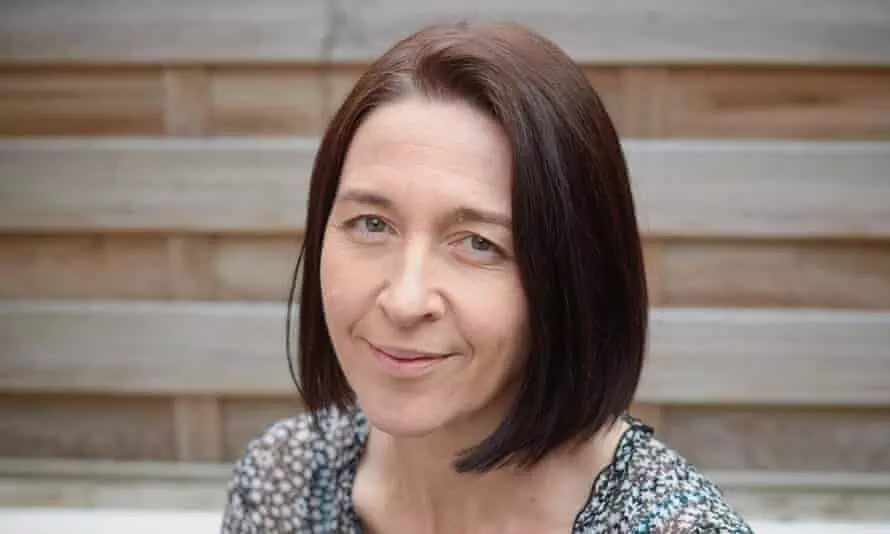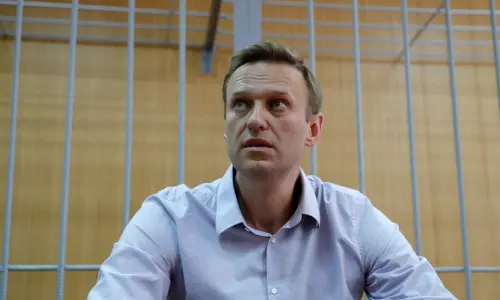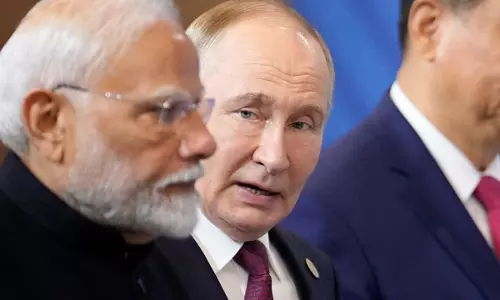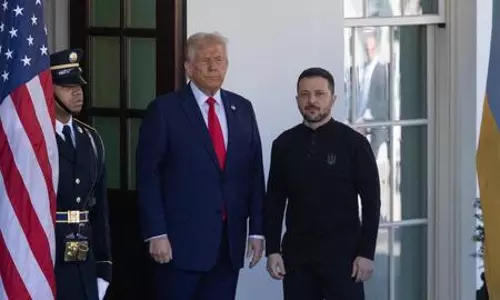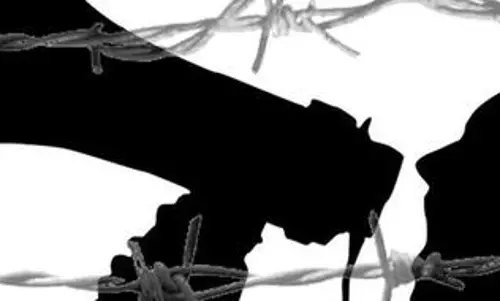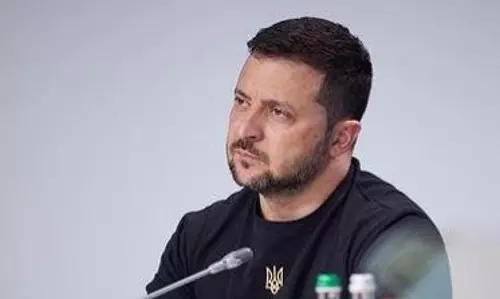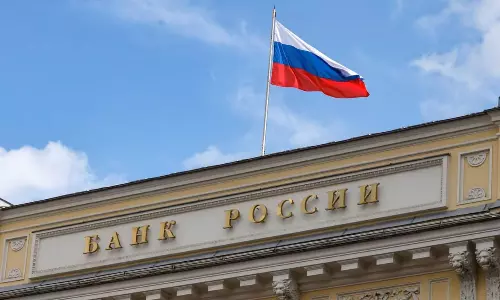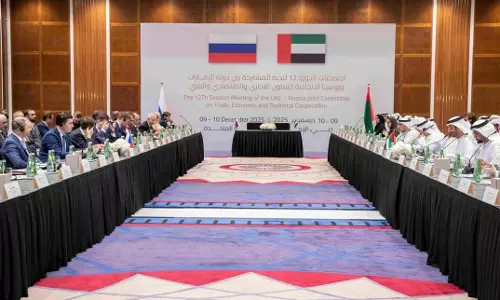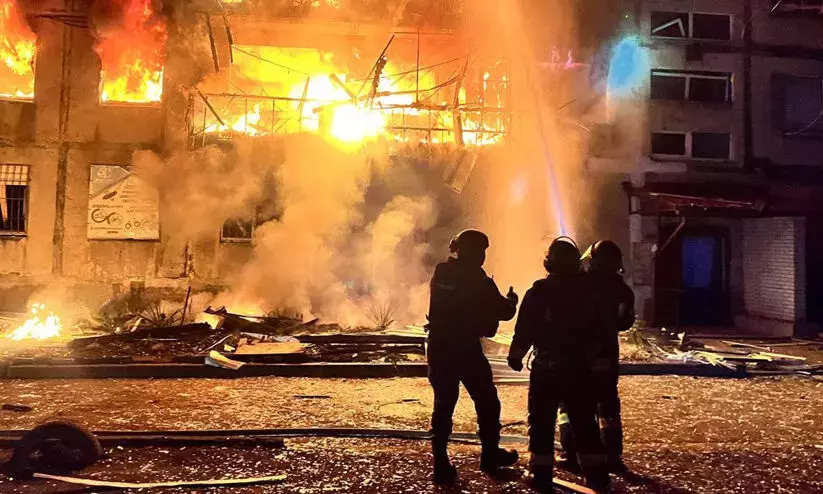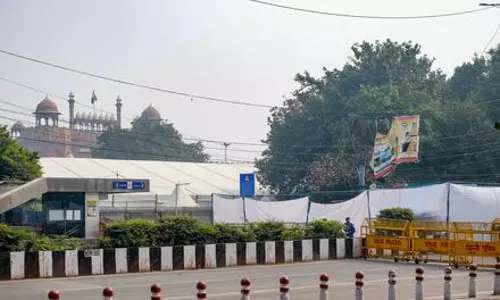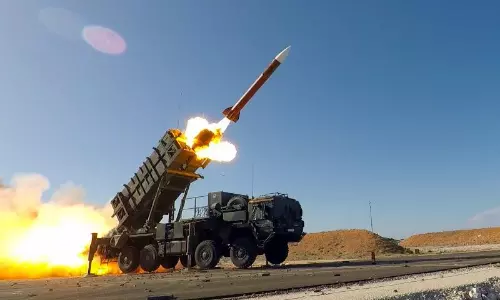
Russia "moving in reverse" when it comes to free speech: Banned BBC correspondent
text_fieldsSarah Rainsford, the BBC's Moscow correspondent who was expelled from Russia has used her final dispatch to say that the country was "moving in reverse" in regards to free speech and press freedoms, reported The Guardian.
The journalist was pulled aside by authorities at the Moscow airport while returning from Belarus and informed that Russia's FSB security service had banned her for life from the country.
Rainsford has been reporting from Russia for the past 20 years. She was permitted by the authorities to enter Russia only to pack her belongings and was informed that her visa cannot be renewed.
She added that the Russian officials repeatedly told her that the expulsion was "nothing personal". They said that the step was taken due to what had happened to a Russian journalist in London two years ago.
Apparently, Sarah had asked President Alexander Lukashenko about his regime's mass repression of peaceful protesters which had angered him. Lukashenko is also an ally of Russian President Vladimir Putin.
while speaking to the Russian journalists on her final dispatch, Rainsford said: "I am leaving a country I first came to as the Soviet Union fell apart, when free speech or freedoms were new and precious. It feels like today's Russia is moving in reverse."
In her report, Rainsford said that the Russian officials kept on referring to it as a reciprocal move but they refused to even engage with the fact that I had been labelled a national security threat.
Meanwhile,Reporters Without Borders said that the pressure on independent media in Russia has grown since anti-government protests in 2011 and 2012 and that the websites are being blocked and leading news outlets are being "reined in or throttled out of existence" in the country.





















